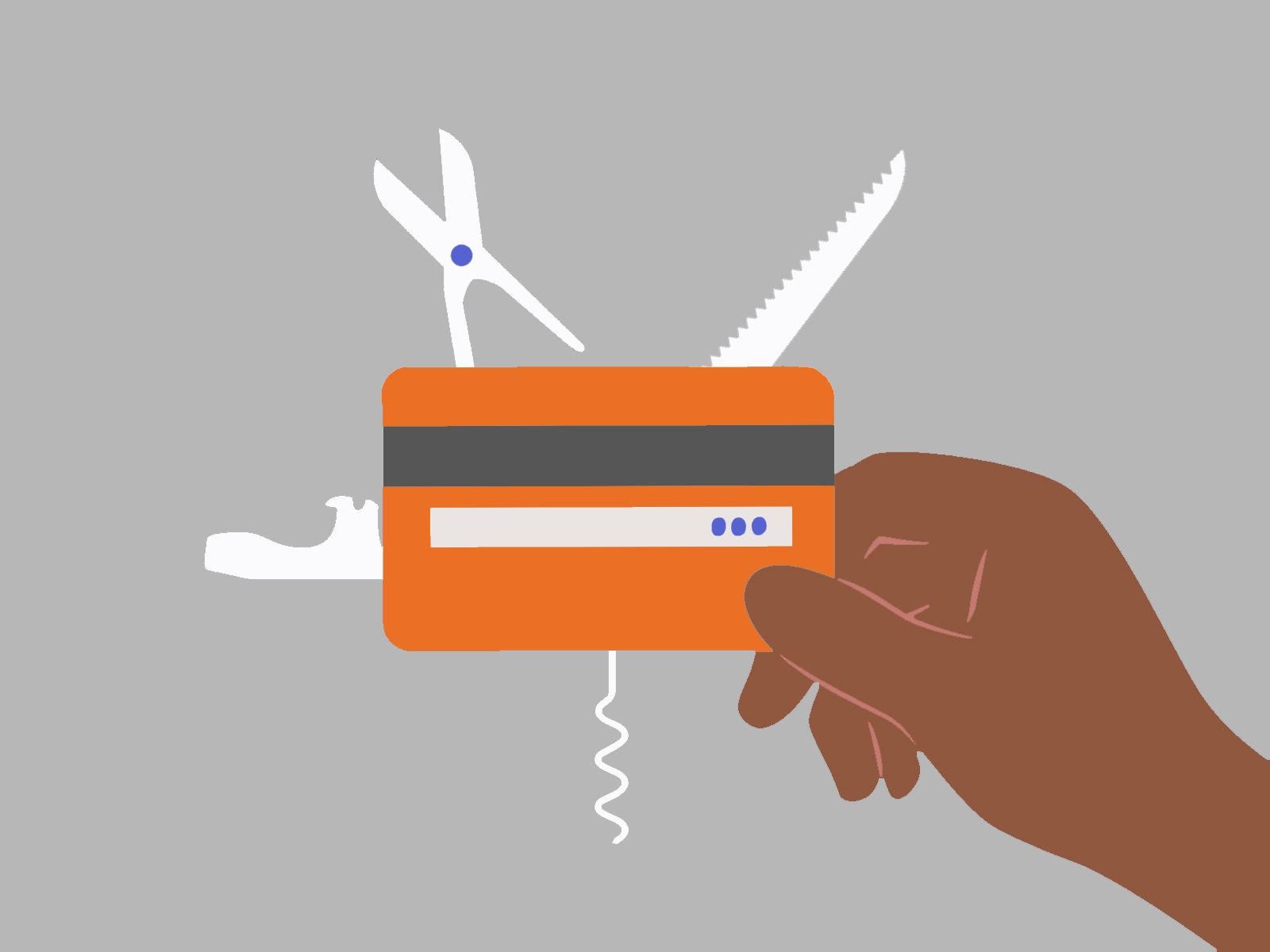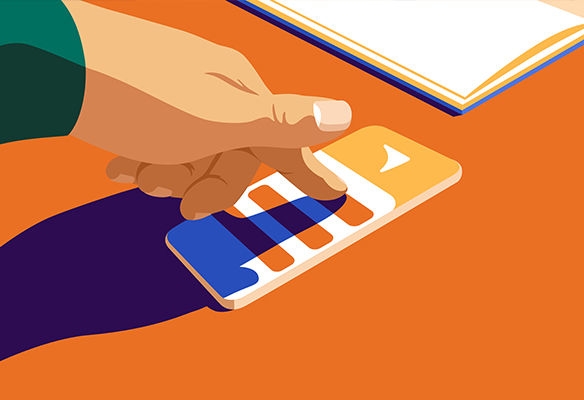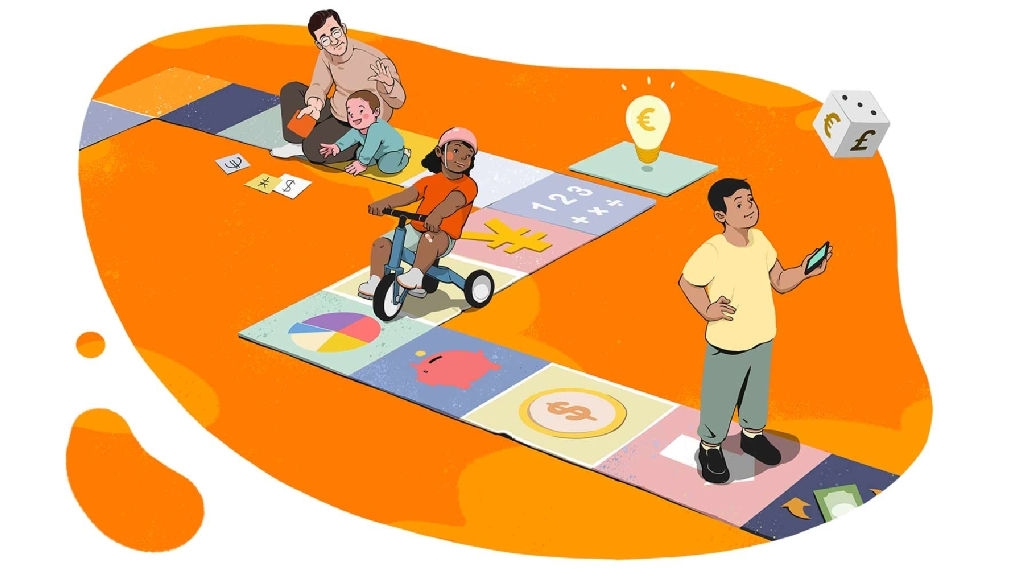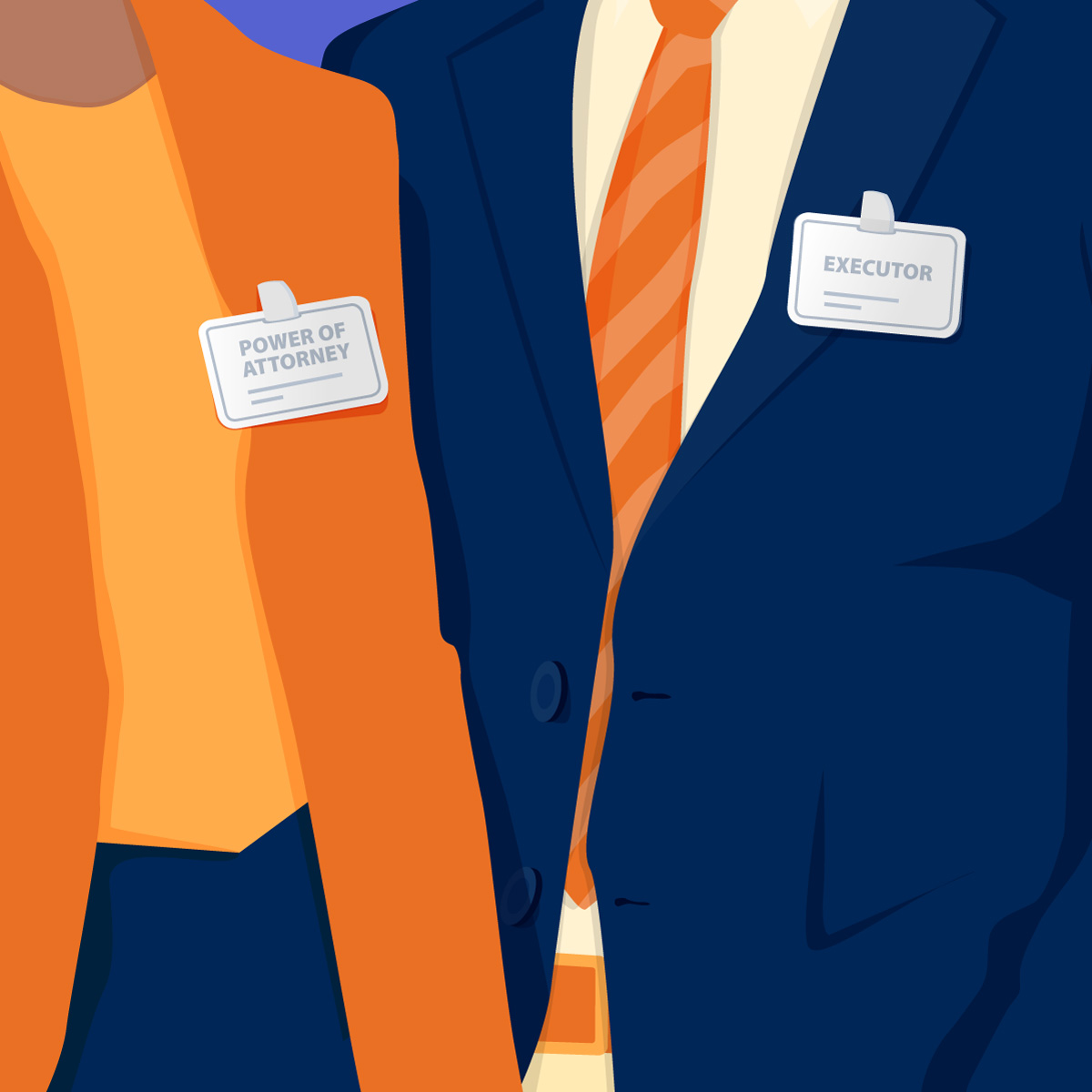The ABCs of Personal Finance
You can only learn – and earn – so much from a lemonade stand.
When it comes to financial literacy, many Canadians seem to have room for improvement. That's why more school boards across Canada have introduced new curricula aimed at helping students from elementary age through to high school graduate with a firmer grasp on money and personal finance.
But if parents are willing to invest the time, it's possible to instill principles of smart money management even before it comes up in the classroom. Young people of all ages can learn valuable lessons about money at home.
"We believe in demystifying money," said Matt Beauchamp, a Calgary father of two who blogs about his home life at Dashing Dad.
Beauchamp was raised in an environment where matters of money were almost "taboo." When it came to his parents' salaries, mortgages, budgets or how they kept the lights on, Beauchamp was in the dark.
So as Beauchamp and his wife, Jane, raised their kids – four-year-old daughter, Clara, and son Ryker, 2 – they were determined to lift the veil of monetary mystery and create an open dialogue on dollars.
"We consciously made that decision in the hopes that, as they get older, our kids will not only understand these concepts, but they won't be afraid to come to us to ask questions as well."
With that in mind, here are some of the methods you can use to help young people of all ages – whether they're in diapers or dorms – better understand how to manage money.
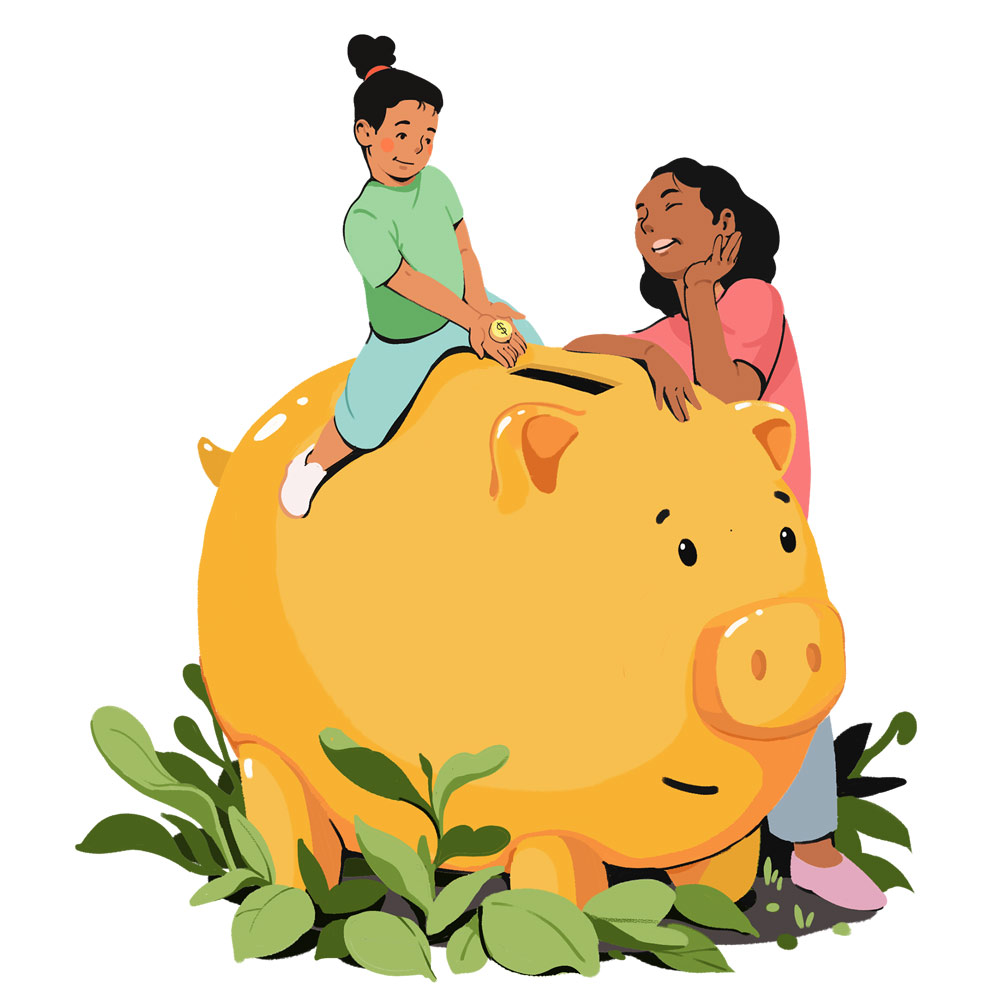
This Little Piggy Learned to Save
Lesson: How to Spend, Save and Give
Age: 5 and Under
A 1-year-old is more likely to swallow a coin than to understand what they're supposed to do with it. But some believe that soon after your child is old enough to walk, it might be worth considering giving them some walking-around money.
Yes, some parents choose this age to consider introducing an allowance. A good rule of thumb is to give the same amount weekly as the child's age. Trevor Van Nest, a Certified Financial Planner and the owner of Niagara Region Money Coaches, recommends paying the allowance in quarters and giving kids separate piggy banks designated for "spend," "save" and "give," allowing them to begin making financial decisions – and mistakes – as early as possible.
"Kids don't learn through theory," he said. "For little kids, it's really important that you give them almost full reins on what they do with their 'spend' money. They're going to be making some pretty silly decisions, and that's really important. You want them to make mistakes now."
Indeed, Beauchamp gives his four-year-old daughter $4 a week, then uses that wee wage to convey lessons about how long it takes to buy the things she wants. For instance, the $10 inner tube she wanted to buy to bring to the lake near their new Calgary home? That's two and a half weeks of saving.
Meanwhile, the new car she had demanded – "pink, it had to be pink" – might take a little longer.
"We're trying to keep it simple," Beauchamp said. "As soon as we start getting a little more complex, she starts to zone out."
This is also a good age to explain to children why parents have to work. For Beauchamp, these conversations have been especially pertinent since he works from home.
"Seeing the relationship between what we do during a work day and what that can afford the family is important."
Funny Money
Lesson: Entrepreneurship 101
Age: 6 to 11
As kids get older and their responsibilities incrementally increase, it's worth trying to bring out the fun in finance.
For younger kids in this age group, that might mean playing with toy money or junior versions of board games like Monopoly or the Game of Life, says Cheryl, owner of the Regina-based activity and party-planning blog Moms & Munchkins.
Once kids are around eight years old, it might even be time to help them blend play and pay by finding fun ways to earn money – or maybe even creating little elementary-school entrepreneurs.
"My daughter had no interest in a lemonade stand, but she loved helping me bake," Cheryl said.
Together, they came up with ideas for a batch of mouth-watering sweets like cinnamon swirl pastries and pumpkin bread, calculated the costs of baking and packaging, and determined a fair price.
"She grabbed onto it with a little direction and help from me, and before we knew it, she had over $150 worth of orders from friends, family and neighbours."
Toronto dad Casey Palmer gave his two boys a similarly early introduction to the world of work.
Though Palmer doesn't believe in allowances, he gives his kids – aged 5 and nearly 8 – a fair portion of the revenue any time they're featured in one of his popular social media posts.
"We then have detailed conversations about the money and what it's going to be used for later – things like real estate or school," said Palmer, who writes about his family at caseypalmer.com.
"I want them to understand the correlation between effort, money, and future returns."
Palmer also recommends leveraging your child's interests for lessons about money. For instance, he used his son's passion for Pokémon to teach him about stocks.
"I said that if you're a big fan of Nintendo and Game Freak and the companies that make Pokémon and you think they will grow, you could put money in them now predicting that the value will increase."
"He started to see there were many layers to how money and the economy work."
Pass Go, Collect $200
Lesson: Playing with Real Money
Age: 12-17
With adolescence could come a big boost in allowance – and responsibility.
Van Nest advises transitioning from weekly pocket-money payments to a big monthly allowance – a maximum of $200 – covering food with friends, school clothes, cell phones, and more. That way, young people have to budget it over a longer period of time.
"What we're talking about here is building budgeting skills. You're creating a level of economic independence while they're still under your roof."
But don't blindside young people with these new responsibilities. Help them anticipate each new expenditure, and prepare them for the costs on the horizon – like post-secondary school, for instance.
One way to help ensure a smooth transition?
Start giving your children control of small budgets early. Take back-to-school shopping. Cheryl recommends telling your child the total amount you're willing to spend and letting them allocate it accordingly.
"I have been surprised that they get more money-aware and start paying attention to price, instead of just what might look cool."
You're on Your Own Now, Kid
Lesson: Economic Independence
Age: 18 to 24
This is the time when young people are expected to begin taking control of their lives, but in reality, this is when most are introduced to the stress of self-sufficiency. A recent study found "Canadians between the ages of 18 and 34 years are more likely to ask friends or family members for advice (59%) compared with other age groups"— which means parental advice might be especially important here.
But experts emphasize the importance of avoiding bailouts. It's such a crucial point that Van Nest even encourages parents to get in the habit of allowing their kids to own their money mistakes when they're at a very young age, in preparation for the grown-up gaffes sure to come.
"One of the best gifts we can give our kids is economic independence," he added. "It's actually not a gift to economically house kids."
Young people who are working but living at home can pay rent, while parents gradually shift over other expenses like cars, phones, and food. That's how Van Nest raised three children of his own, all of whom are now in their 20s and financially independent. Well, mostly independent.
"The only thing they sometimes still use is my Netflix account," he laughs. “I have to text sometimes to say: 'Get off. Mom and I want to watch a movie.'
"We'll consider that a success."

